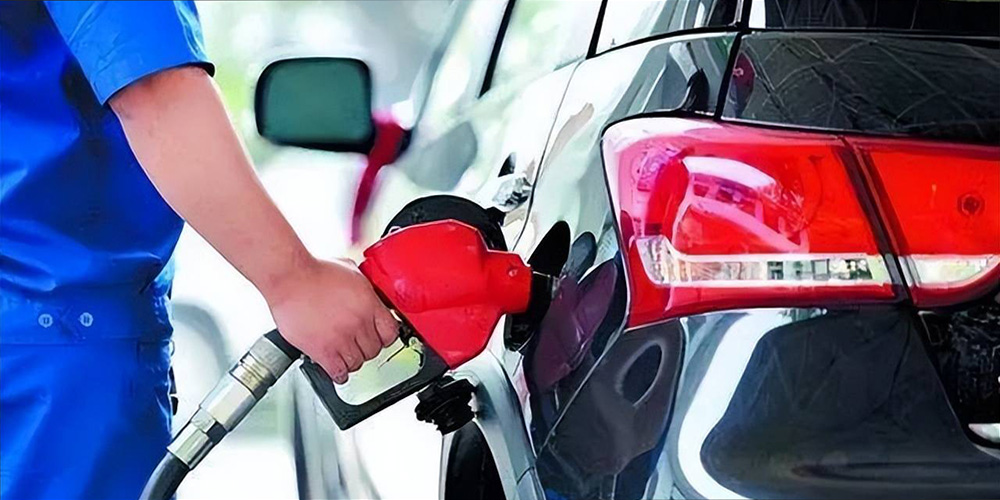Many car owners must have experienced firsthand that fuel consumption in winter is much higher than in summer. Many people can't figure it out, but my driving habits haven't changed much. Is there something wrong with my car?Actually, it may be that your car has a problem, but even if the car has no problems, fuel consumption will still increase, which cannot be avoided.
Let's take a look at the reason.
1. Increased engine running resistance;
In low-temperature environments, the viscosity of engine oil increases, the fluidity decreases, and the operational resistance of internal components of the engine increases, resulting in an increase in fuel consumption.
2. Low coolant temperature;
The coolant temperature is the main correction signal for engine fuel injection, and the water temperature signal has important reference significance for computer-controlled engine mixture concentration.
In winter, the temperature of the coolant is naturally lower. When starting the engine in a low-temperature environment, the computer will increase the concentration of the mixed gas based on the water temperature signal to ensure the smooth start and operation of the engine.
The lower the temperature, the higher the concentration of the oil and gas mixture, and the higher the fuel consumption.
3. Reduced engine thermal efficiency;
Low temperatures in winter cause a decrease in the thermal efficiency of fuel combustion, and the engine operates within a temperature range of 80-90 degrees Celsius. Due to the low external temperature, it is difficult to maintain the engine's temperature, and the engine needs to increase fuel injection to maintain temperature.
4. Likes to keep the car in place for a long time;
Many car enthusiasts have the habit of getting their cars hot in place, especially those in the north who pay more attention to hot cars, often taking three to five minutes to get hot.
But this is not correct. There is no need to heat up the car in place. In winter, you only need to start it for 30 seconds and then slowly drive. After the water temperature rises, you can drive normally.
Long periods of hot driving in place not only waste gasoline but also increase carbon deposits, which is not advisable. The habit of hot driving in place should be changed.
5. Low tire pressure;
The temperature drops in winter. If you don't pay attention to supplementing tire pressure in winter, compared to summer and autumn, tire pressure will decrease by 0.1-0.4 Bar. For example, a tire pressure that was originally 2.2 bar in summer and autumn may drop to 1.8-2.1 bar under the influence of low temperatures. A lower tire pressure will increase the friction between the tire and the ground, and fuel consumption will correspondingly increase.
If car owners find that their fuel consumption increases by 1-2 liters per 100 kilometers in winter, it should be within the normal range. If it exceeds 5 liters, they need to consider going to a 4S store for maintenance or repairREAD MORE!!
Post time: Dec-11-2023


